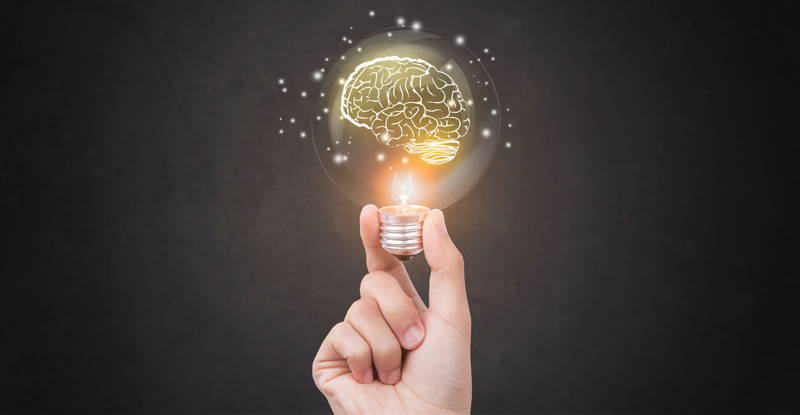How to Keep Your Brain Fit
Brain health is all about making the most of your brain and helping reduce some risks to it as you age. The good news is that almost everything you do to be physically healthy also helps you to stay mentally fit. On the other hand, chronic conditions like diabetes, heart disease, high blood pressure, and depression not only impact your body, but your brain. Here’s what you can do to keep your brain (and body) healthy.
- Eat a balanced diet. Eat more fruits and vegetables, whole grains, lean protein, and low- or -non-fat dairy. Eat less sugar, salt, and processed foods. Eating a healthy diet reduces your risk of heart disease, diabetes, high blood pressure and other conditions that impact your health.
- Get at least 30 minutes of moderate physical activity most days of the week. Regular exercise helps reduce the risks of heart disease, stroke, diabetes, and stroke. Being more physically active can also help with maintaining your balance.
- Quit smoking. Quitting smoking at any age can lower risks of heart attacks, lung disease, and stroke. It can also lead to better blood circulation in the body.
- Drink alcohol moderately or not at al Excessive alcohol consumption can cause long term effects to balance, coordination, and memory, among other issues. Limiting alcohol reduces your risk of heart disease and high blood pressure.
- Stay up to date with your doctor visits and health screenings. Be sure to talk to your doctor if you’re feeling depressed. There are things you can do to feel better.
- Taking medication properly. Make sure you take medications as prescribed and pay attention to possible side effects on memory, sleep, and brain function. If you experience any side effects, contact your doctor right away.
- Reduce your risk of falling. Consider taking a fall prevention classes, which can give ideas on how to make your home safer, and make you aware of risk factor for falling. Exercise can also reduce risk for falls by improving balance and coordination.
- Get enough sleep. Insufficient sleep can affect your memory and thinking. Make sure that you are getting at least 8 hours of sleep a night.
- Keep your mind active. Mentally stimulating activities like playing games, reading books, taking a class, and volunteering can keep your brain sharp. And according to the National Institute on Aging, recent studies have found that adults who participate in create arts as they age, may help improve creativity, understanding, problem solving skills, and even memory.
Resources
- National Institute on Aging https://brainhealth.nia.nih.gov/
- gov http://www.eldercare.gov/eldercare.net/Public/Resources/Brochures/docs/Brain-Health.pdf
- Administration for Community Living




